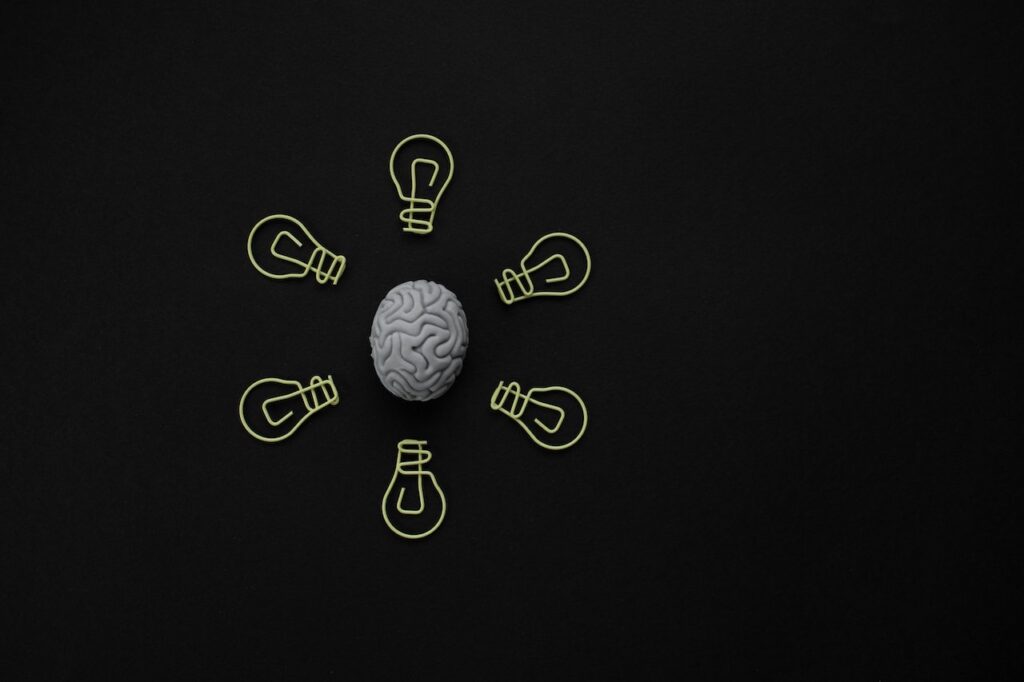Steps to increase Brain Power

The brain is the organ in the body that controls all of the body’s functions, including the ability to think, feel, and move. It is the most complex organ in the body and is made up of billions of cells called neurons. The brain is responsible for controlling all of the body’s functions, including the ability to think, feel, and move. It is also responsible for controlling the body’s response to external stimuli, such as light, sound, and touch. The brain is divided into several regions, each responsible for different functions. It become necessary to take care of brain functioning –

- Exercise: Regular physical activity is important for maintaining overall health, including brain health. Exercise increases blood flow to the brain, which can help with the growth of new blood vessels and the formation of new brain cells. This can lead to improved memory and cognitive function. Additionally, exercise has been shown to reduce the risk of developing conditions such as Alzheimer’s disease and depression.
- Sleep: Sleep is essential for the proper functioning of the brain. During sleep, the brain is able to consolidate memories and process information. Adequate sleep also helps to reduce inflammation, which can have negative effects on the brain. Chronic sleep deprivation can lead to a variety of cognitive problems, including memory loss and difficulty with concentration.
- Diet: A healthy and balanced diet is important for maintaining brain function. The brain requires a steady supply of glucose to function properly, and a diet that is high in sugar and processed foods can lead to a variety of problems, including memory loss and an increased risk of developing conditions such as Alzheimer’s disease. A diet that is rich in fruits and vegetables, lean proteins, and healthy fats can help to promote brain health.
- Challenge your brain: Keeping the brain active and engaged is important for maintaining cognitive function. Learning new skills or taking up new hobbies can help to keep the brain challenged and can improve memory and cognitive function. Additionally, solving puzzles, playing games, and other activities that require concentration can also help to keep the brain active.
- Stress management: Chronic stress can have a negative impact on the brain, including memory loss and an increased risk of developing conditions such as depression and anxiety. Practicing stress management techniques such as meditation, yoga, and deep breathing can help to reduce stress levels and promote overall mental well-being.
- Limit alcohol and drug use: Excessive alcohol consumption and drug use can have negative effects on the brain. Alcohol can damage the brain’s neural connections, while drugs can affect the way that the brain processes information. Both can lead to problems with memory, concentration, and decision-making.
- Relaxation activities: Engaging in activities that promote relaxation and reduce stress can be beneficial for the brain. Activities such as reading, listening to music, and spending time in nature can help to reduce stress levels and promote a sense of well-being.

8. Avoid smoking: Smoking can damage blood vessels and decrease blood flow to the brain. This can lead to a variety of cognitive problems, including memory loss and difficulty with concentration. In addition, smoking has been linked to an increased risk of developing conditions such as Alzheimer’s disease and stroke.
9. Regular check-ups: Regular check-ups and screenings are important for identifying and treating underlying medical conditions that can affect brain function. For example, high blood pressure, high cholesterol, and diabetes are all conditions that can increase the risk of developing cognitive problems.
10. Social activity: Keeping socially active and engaged is important for overall mental well-being and can help to reduce the risk of developing conditions such as depression and anxiety. Engaging in activities that promote positive mental well-being, such as volunteering, spending time with friends and family, and participating in community events, can help to promote overall well-being.







